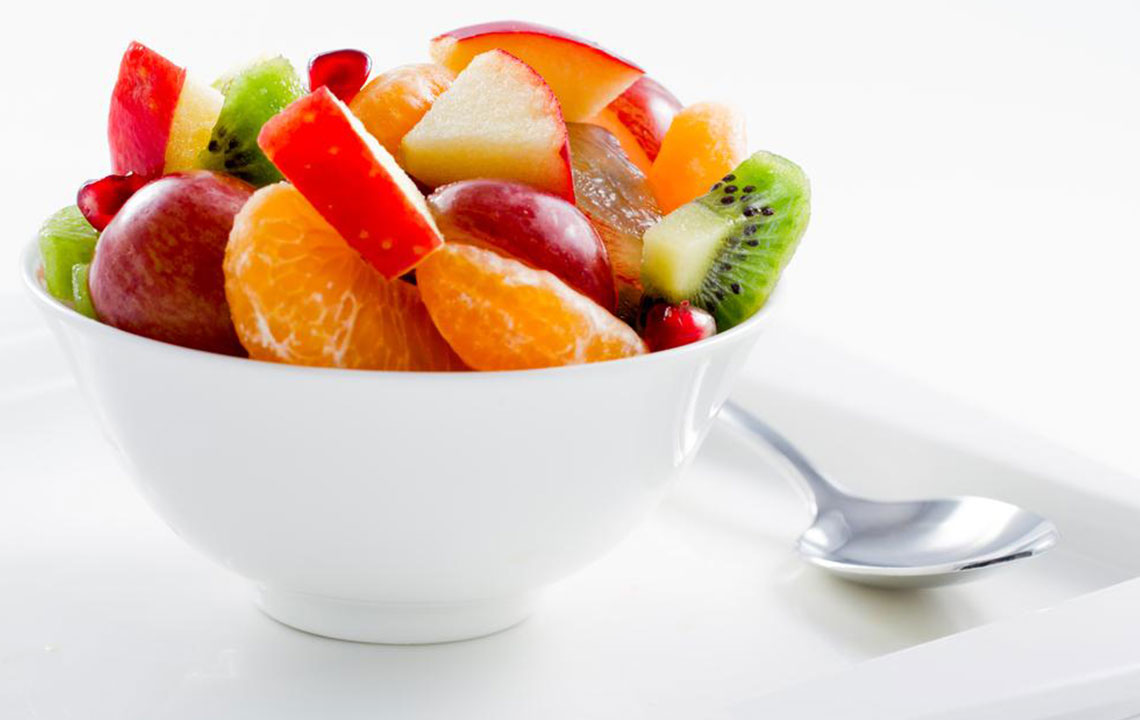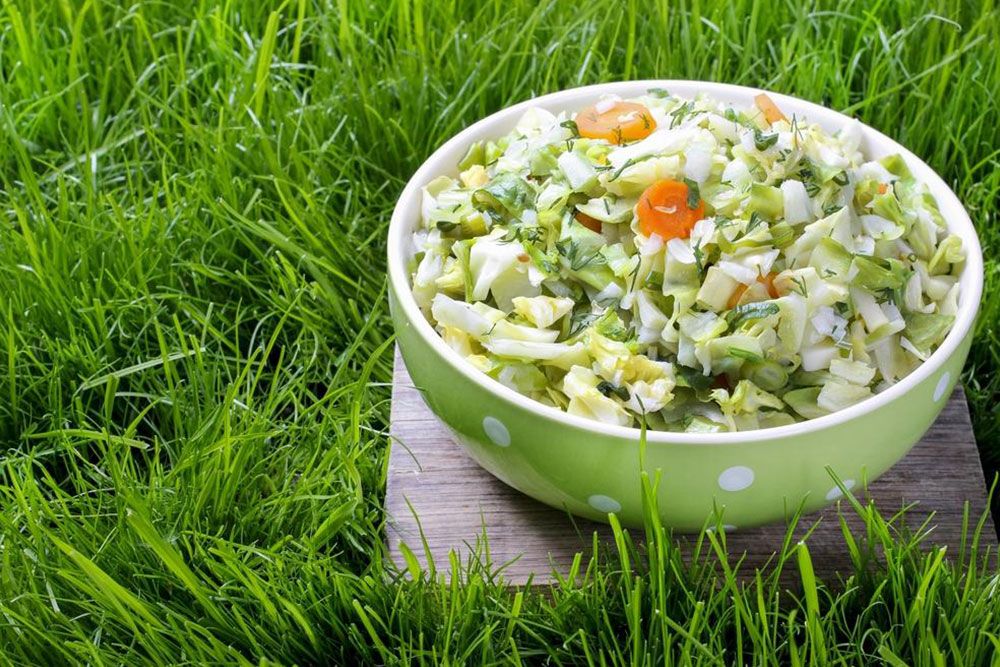Top Nutritional Choices for Managing Hypothyroidism
Discover essential foods that can help manage hypothyroidism effectively. This guide highlights nutrient-rich options like fatty fish, nuts, fruits, vegetables, and more, emphasizing their role in supporting thyroid health. Incorporating these into your diet can alleviate symptoms, improve metabolic function, and boost immunity. Avoiding processed foods, gluten, and excess iodine is also crucial. A balanced diet, combined with regular exercise, can make a significant difference in managing hypothyroidism naturally and safely.
Top Nutritional Choices for Managing Hypothyroidism
The thyroid gland, a small butterfly-shaped organ located at the neck's base, influences body temperature, heartbeat, and metabolism. Hypothyroidism occurs when this gland doesn't produce sufficient hormones, leading to weight gain, fatigue, mood changes, and cold sensitivity.
Effective management involves targeting thyroid inflammation, nutrient deficits, gut health, and hormonal balance influenced by stress. A tailored diet is vital for addressing these issues and supporting thyroid health.
Here are key foods to include in a hypothyroidism-friendly diet:

Fatty Fish
Fish like salmon, tuna, and mackerel are rich in Omega-3 fatty acids, which promote healthy cholesterol levels by increasing HDL and reducing LDL. Omega-3s support immune function, reduce inflammation, and lower heart disease risk. Shellfish provide iodine and zinc essential for thyroid health.
Nuts
Nuts such as Brazil nuts, macadamia, and hazelnuts are abundant in selenium, a vital mineral for optimal thyroid function and preventing long-term thyroid damage, especially in conditions like Hashimoto’s and Graves’. Keep selenium intake between 50-400 micrograms daily to avoid adverse effects.
Fruits and Vegetables
Incorporate antioxidants-rich produce like berries and green vegetables to help manage weight gain and lower cardiovascular risks associated with hypothyroidism. Foods like blueberries, strawberries, cherries, and sweet potatoes are excellent choices.
Seaweed
Rich in iodine, seaweed such as nori and wakame support healthy thyroid function. Add to salads, sushi, or soups. Practice moderation, as excessive iodine intake can worsen symptoms.
Eggs
Eggs, especially the yolk, provide a good source of iodine and selenium, contributing significantly to daily nutritional needs.
Legumes
Beans are nutrient-dense, full of vitamins, minerals, antioxidants, and fiber, helping combat fatigue and supporting overall health. Use them in salads, soups, or baked dishes.
Dairy Products
Milk, yogurt, and cheese are rich in iodine. Opt for organic and low-fat options when possible, as a glass of milk supplies about a third of daily iodine requirements.
Coconut Oil
Contains fatty acids that enhance metabolism, energy, and possess anti-inflammatory properties to reduce inflammation.
Bone Broth
Supports digestion, enhances immunity, and supplies essential minerals like calcium, magnesium, and phosphorus, aiding in thyroid health.
High-Fiber Foods
Incorporate fiber-rich foods such as vegetables, lentils, seeds, and berries to improve digestion, regulate blood sugar, and promote heart health.
In addition to these dietary recommendations, avoid fast foods, processed snacks, refined grains, and sugars. Since gluten sensitivity is common among thyroid patients, reduce intake of gluten-containing products. Probiotic supplements can support gut health, but consult your healthcare provider before use. Regular exercise coupled with a nutritious diet can significantly benefit hypothyroid management.
Note:
The information here is for educational purposes and should not replace professional medical advice. Always consult your healthcare provider before making significant changes to your diet or supplement routine. The website is not responsible for discrepancies or inaccuracies across different sources, and offers may vary.








